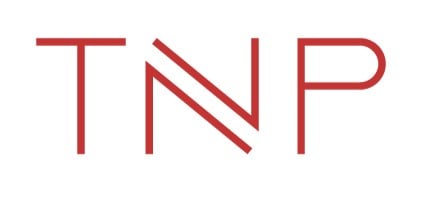

Country legal director | Nigerian Bottling Company (Coca-Cola HBC)



Abiodun Peters
Country legal director | Nigerian Bottling Company (Coca-Cola HBC)
What are the most significant cases or transactions that your legal team has recently been involved in?
2023 was a challenging year in Nigeria, given the impact of inflation, economic recession, devaluation, forex, and regulatory policies on businesses.
Notwithstanding the fiscal, regulatory, and judicial challenges, the legal team provided valued support to the business on resolution of key business issues to deliver milestone achievements.
We were successful in the defence of a product liability claim resulting in the dismissal of a ₦600m claim against NBC at the High Court of Anambra State.
We engaged in pro-business advocacy before the Nigerian Customs, National Assembly, NAFDAC, Ministry of Finance and other regulatory authorities and worked closely with our corporate affairs department to manage various demands and threats from sundry groups.
Could you share an example of a time when you came up with an innovation that improved how your legal team works and did not come at a large expense?
For our internal clients who are mostly non-lawyers, contracts can be long, cumbersome, and boring for them to review or use. There had been request for legal to simplify contracts for the benefits of the end users. The legal design contract presented complex legal issues in simple, short, and easy-to-use templates using infographics, pictorials, short sentences devoid of legalese and jargons. For a start, the use cases include intergroup and low risk contracts. This designed template was recognised as an innovation and adopted across CCHBC markets.
How have you attempted to bring the legal department closer to your business colleagues?
My approach and philosophy are to start from the recruitment stage – to identify and hire experienced lawyers who are business minded. Next is to consistently expose counsel to the business by ensuring that they participate in cross functional initiatives, as projects team members.
We also adopted a business partnering model, wherein the business is seen as our client and each function is assigned a legal counsel (usually an expert in that area). For example, the finance business partner is trained and becomes knowledgeable on tax related matters.
Our quarterly pulse survey and annual internal client satisfaction survey also enables our internal stakeholders to give us periodic feedback on our performance and areas of improvement as a team.
In addition, I adopt a robust training and development plan for the team including short term secondment to another functions (where applicable).
How does the in-house legal function contribute to the overall dispute resolution strategy of the organisation?
Managing a litigation portfolio of nearly 80 cases, we developed a robust dispute prevention and resolution strategy which ensures that disputes are at best prevented, and at worst, managed to avoid negative outcomes for the business. We conduct periodic trainings on a range of practice areas, including contract management, employment and labour law, as well commercial and business practice for our internal stakeholders in procurement, corporate affairs, and human resources. At such trainings, the key message of dispute prevention and resolution is emphasised.
To ensure quality control in the management of the company’s litigation, trainings are conducted for staff who serve as witnesses in court cases involving the company. Witnesses are introduced to trial procedures and are coached on their roles as witnesses. Further, the team issues business advisories and regulatory updates to internal clients on new developments across the Nigerian legal and regulatory landscape, to help to improve quality of business decisions and minimise the risk of disputes. This robust dispute resolution strategy has resulted in the avoidance of over 95% of the litigation claims against the company in the past year.
Head of legal region 2 | Coca-Cola HBC